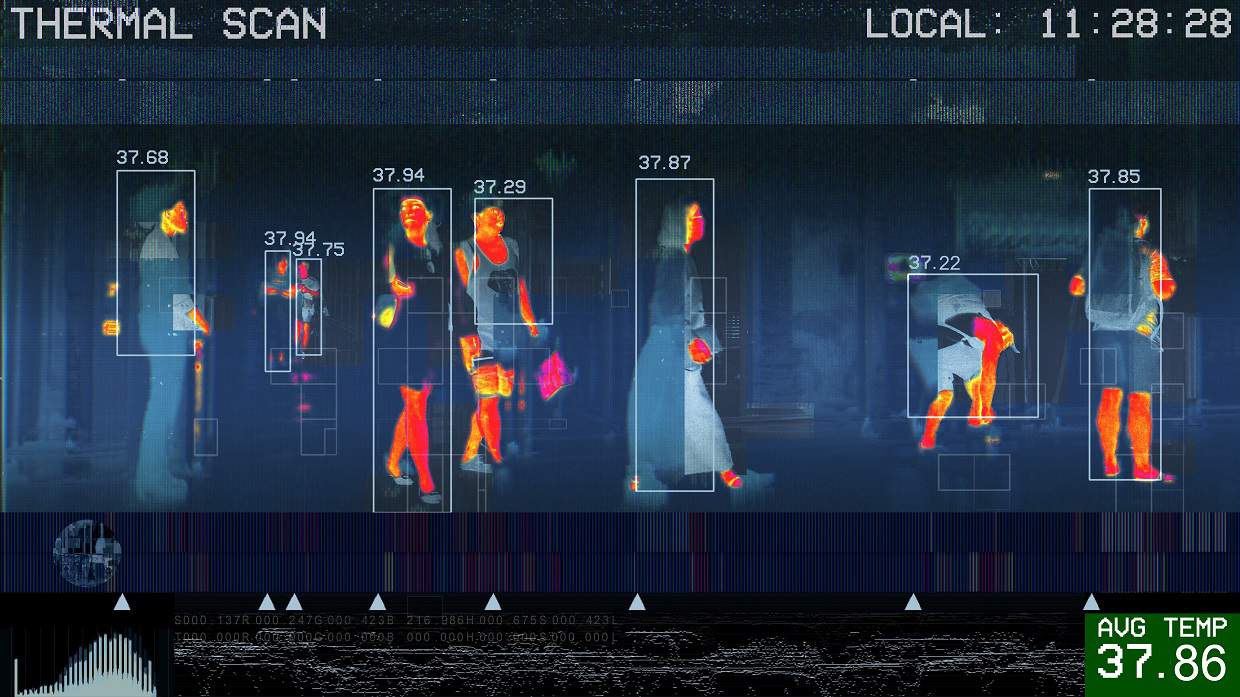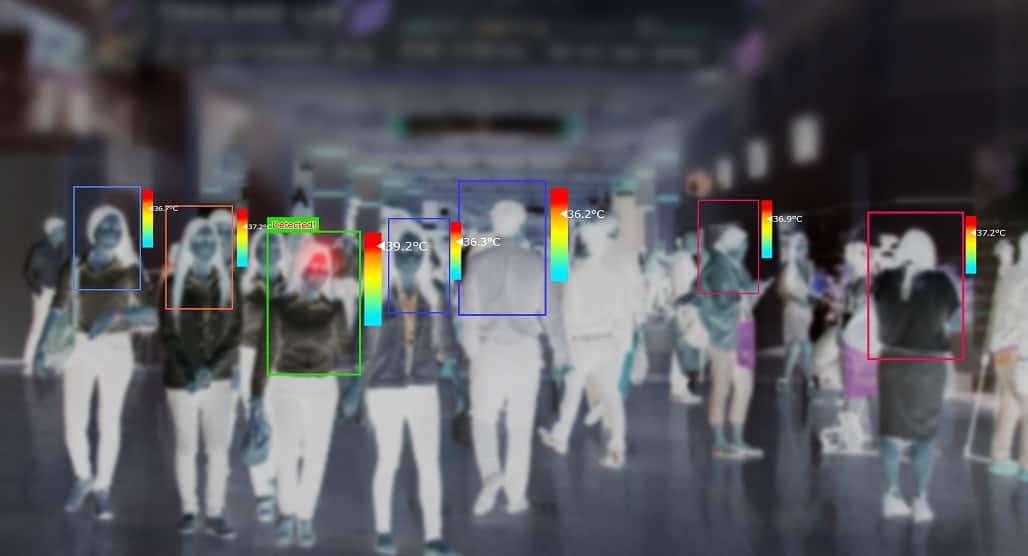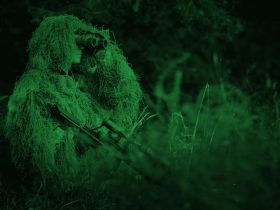You may have seen photos or videos wherein the images look like red and yellow blobs. These images come from thermal cameras. These devices are practical solutions for several scenarios as they can detect heat signatures in different objects. By now, you might be wondering how thermal cameras work. Continue reading to find out more about these gadgets.
Thermal Imaging
Thermal imaging helps people see an object’s heat signature radiating from itself. Thermal cameras do a relatively good job in capturing heat signatures, provided that these devices have sufficient quality.
Moreover, each thermal signature has a designated color shade. Cold temperatures tend to show shades of blue, but some thermal imaging devices can also show cold temperatures in purple or green. Conversely, hot temperatures are in red, orange, or yellow.
Still, some thermal cameras show visual representations of temperatures in grayscale. For example, thermal cameras used in police helicopters use grayscale thermal imaging to allow suspects to stand out from the crowd. Users can see an estimate on the subject’s temperature levels through numbers on a screen.
The Process Of Capturing Thermal Images
Thermal cameras use intricate processes to help users capture relatively accurate temperature readings on subjects. Here’s a quick rundown on how these devices work:
- A special lens does infrared readings from the objects in view.
- Infrared-detector elements from a phased array scan focused light, detecting the elements to create detailed temperature readings called the thermogram.
- Capturing the readings takes less than a second.
- The thermogram, then, translates the elements into electric impulses.
- A signal-processing unit receives the impulses before sending the data to the display.
Various thermal cameras can capture temperature readings at about 30 times per second. Moreover, these devices can read temperatures ranging from -4 degrees Fahrenheit (-20 degrees Celsius) to 3,600 degrees Fahrenheit (2,000 degrees Celsius).
Note that the readings you see on the screen will have room for errors. But, the camera should tell you margins of error of about 0.4 degrees Fahrenheit (0.2 degrees Celsius).

Applications Of Thermal Cameras
Today, you can use thermal cameras in different scenarios. Use these devices to check the temperatures of computers to human subjects. Continue reading to know some practical applications of thermal imaging cameras.
- Preventive Maintenance
Beginner and veteran users of thermal cameras can benefit from these devices by allowing them to check the temperature levels of different devices.
Many pieces of technology shouldn’t go above a specific temperature ceiling. Otherwise, the device might be prone to damages or breaks.
Thermal cameras can provide users with straightforward methods to scan objects that might be prone to overheating. These devices can cut hours of diagnostics and guesswork, allowing you to catch and rectify issues before they become severe.
- Troubleshooting
How can you troubleshoot something you can’t see with the naked eye? Use a reliable thermal camera to find out.
Thermal imaging cameras can help detect particular mishaps around the premises, such as air leaks. These devices can scan areas quickly, giving you fast access to drafts or air leaks that contribute to an increase in energy bills.
In addition, use thermal cameras to pinpoint specific areas around the property, such as doors and windows, that might not have proper sealing. These devices can help you troubleshoot and repair seals, which can lead to a decrease in costly utility bills.
- Animal Health
Does your dog bark and whine more than usual? Is your cat feeling lethargic?
Pet owners can find it challenging to determine if their animal companions are sick as they cannot speak the human language. Fortunately, you can use thermal cameras to help determine if your feline or pooch is ill. Animal experts use these devices to check the well-being of their four-legged companions, including cats, dogs, cows, and horses.
Furthermore, thermal imaging cameras can help pet owners and veterinarians locate inflamed body parts. Also, these devices can help detect infections, internal bleeding, and other animal health complications.
- Improved Safety And Security
It’s safe to say that many people are now getting more concerned about their health than before. Avoiding the risk of a pandemic spreading further has urged authorities to check the temperature of their respective constituents.
Using thermal cameras can help detect if a person has an elevated temperature, which can be a common symptom for a range of illnesses. Even if that individual says that they feel fine, you can tell that person to return home for the safety and security of all people in the area.
Conclusion
Thermal cameras can provide temperature readings efficiently and quickly. Use these gadgets in a range of scenarios, from securing animal health to safeguarding the well-being of the people in the neighborhood. Ensure that you’re using a high-quality thermal camera to help you generate accurate readings from different objects.















Leave a Reply